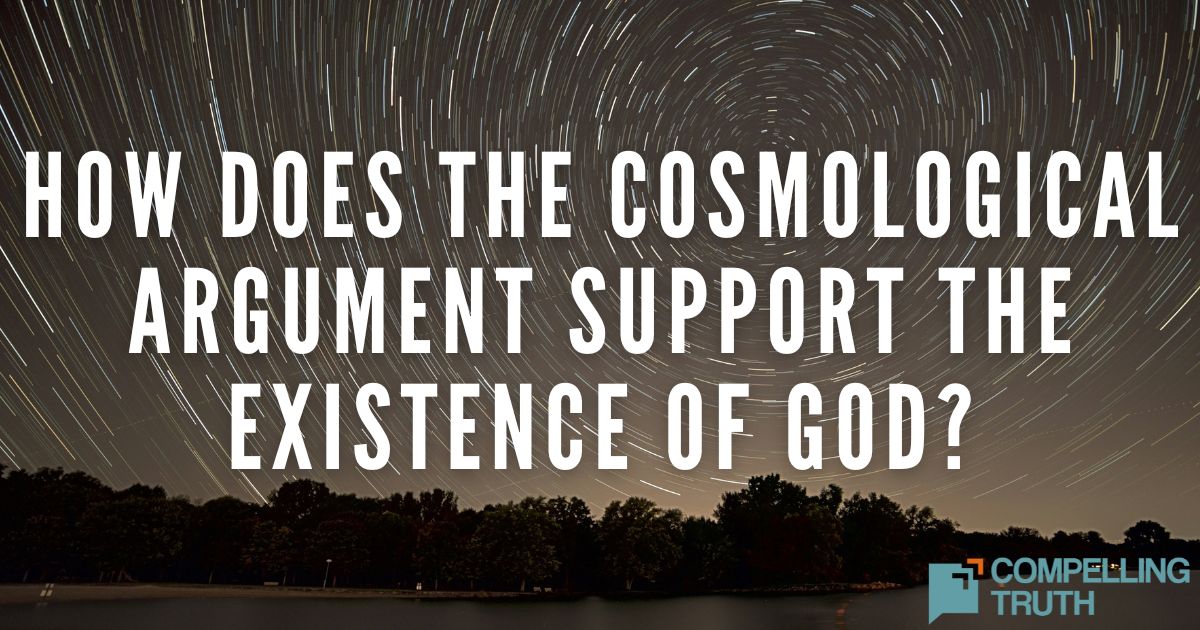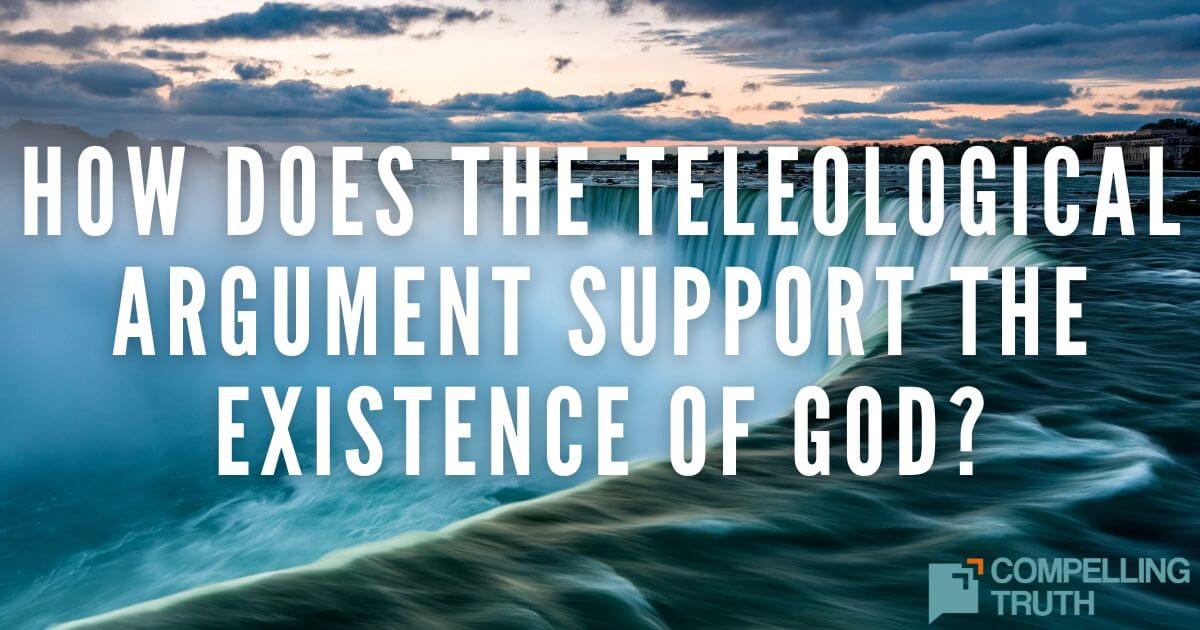what does the bible say?
The “God-of-the-gaps” argument is often used to discredit belief in God by claiming that He is merely a stand-in for human ignorance. As science advances, these “gaps” supposedly shrink, leaving less and less room for God. But the God of the Bible is not limited to mysteries—He is Lord over both the known and the unknown. Scripture never presents God as a last resort explanation. Instead, He is the Origin, Sustainer, and end of all things. The Bible affirms natural processes, yet insists they are governed by God’s providential hand.
Additionally, God invites investigation, not blind superstition. He commands His people to meditate on His works and praises those who grow in wisdom from them. The issue is not whether we can understand how something works—but whether we acknowledge who gave it its order and purpose.
Faith in God is not threatened by scientific discovery. Rather, science reveals the consistency, creativity, and beauty of God’s handiwork. The God-of-the-gaps defenders worry that we are over-attributing to God. However, the danger is the opposite: we are reducing Him to a mere explanation for what we have not yet figured out.




